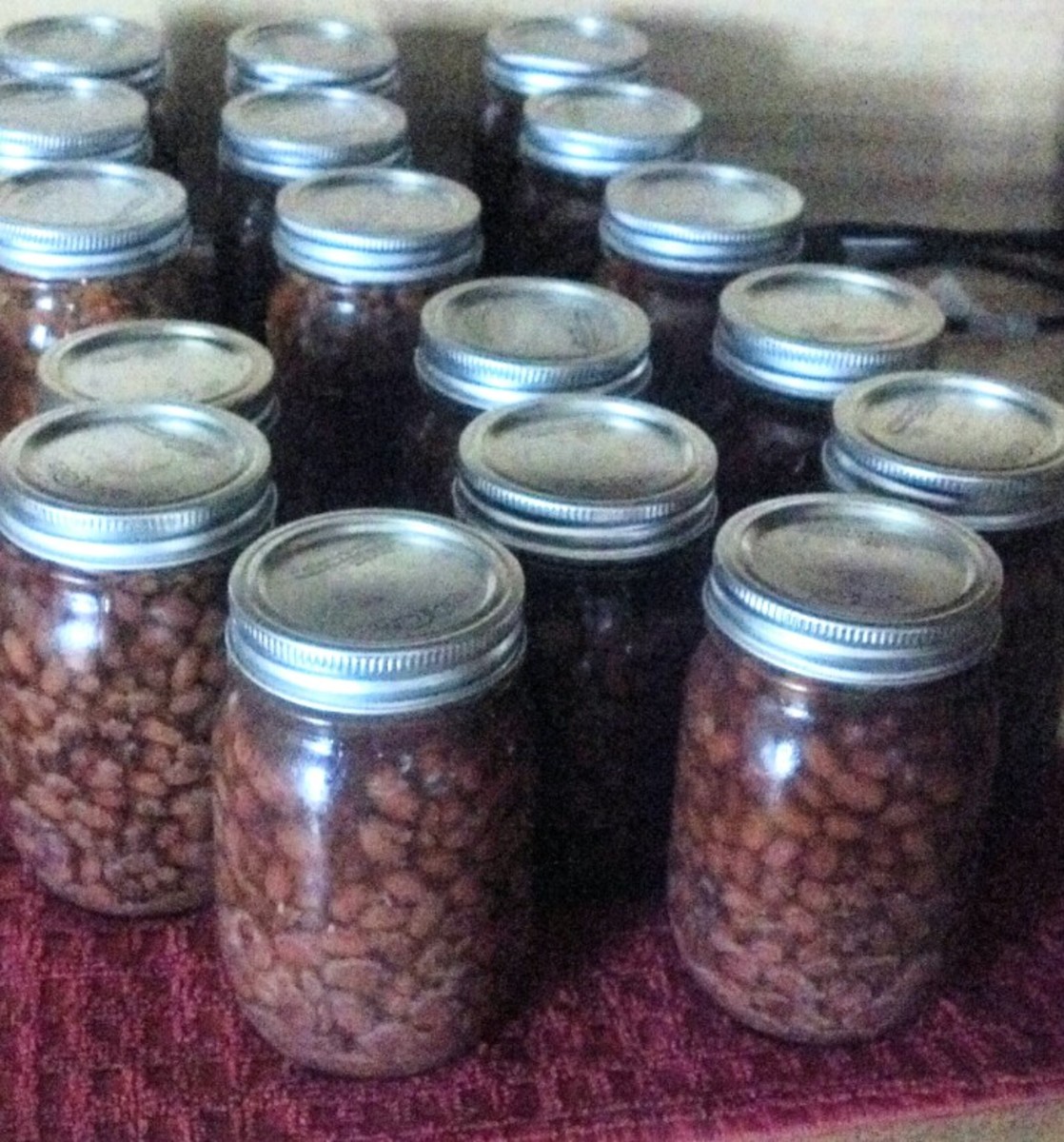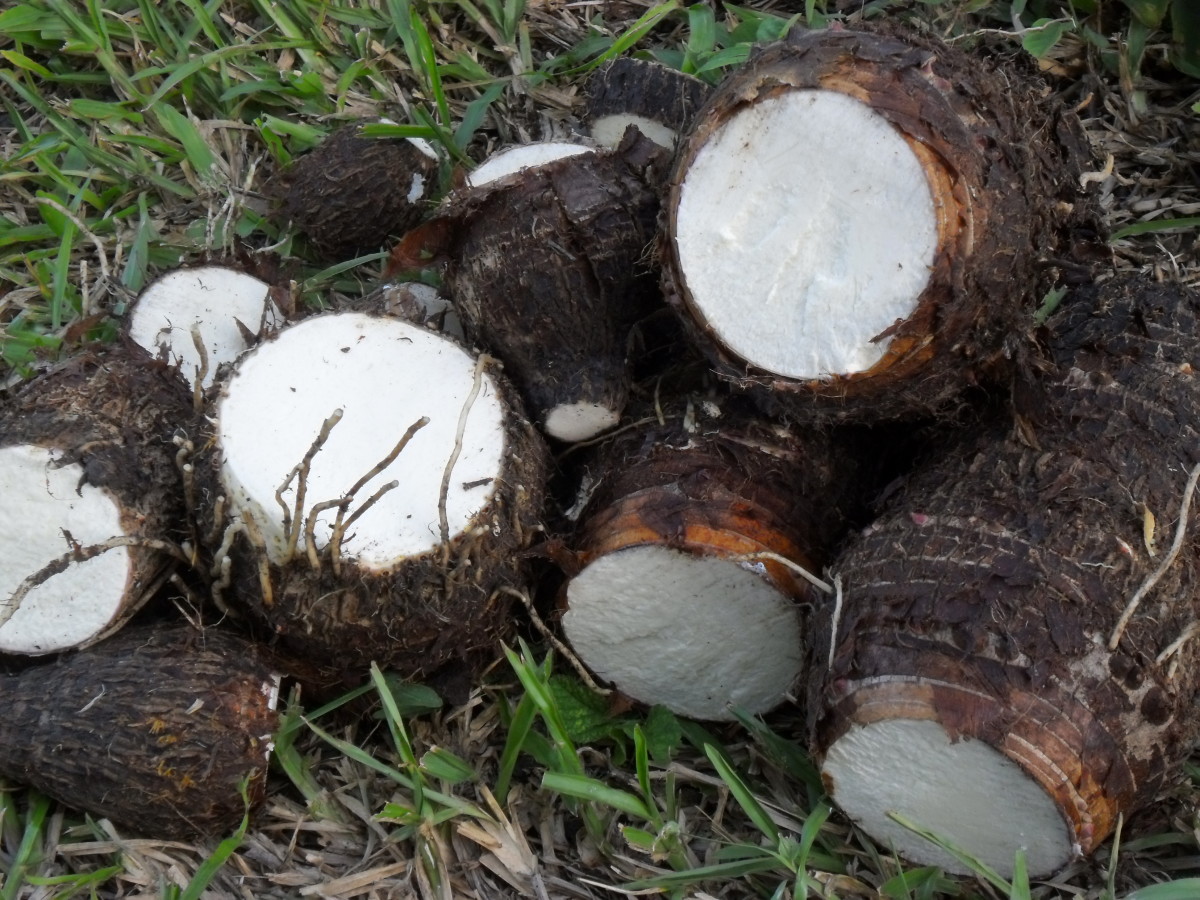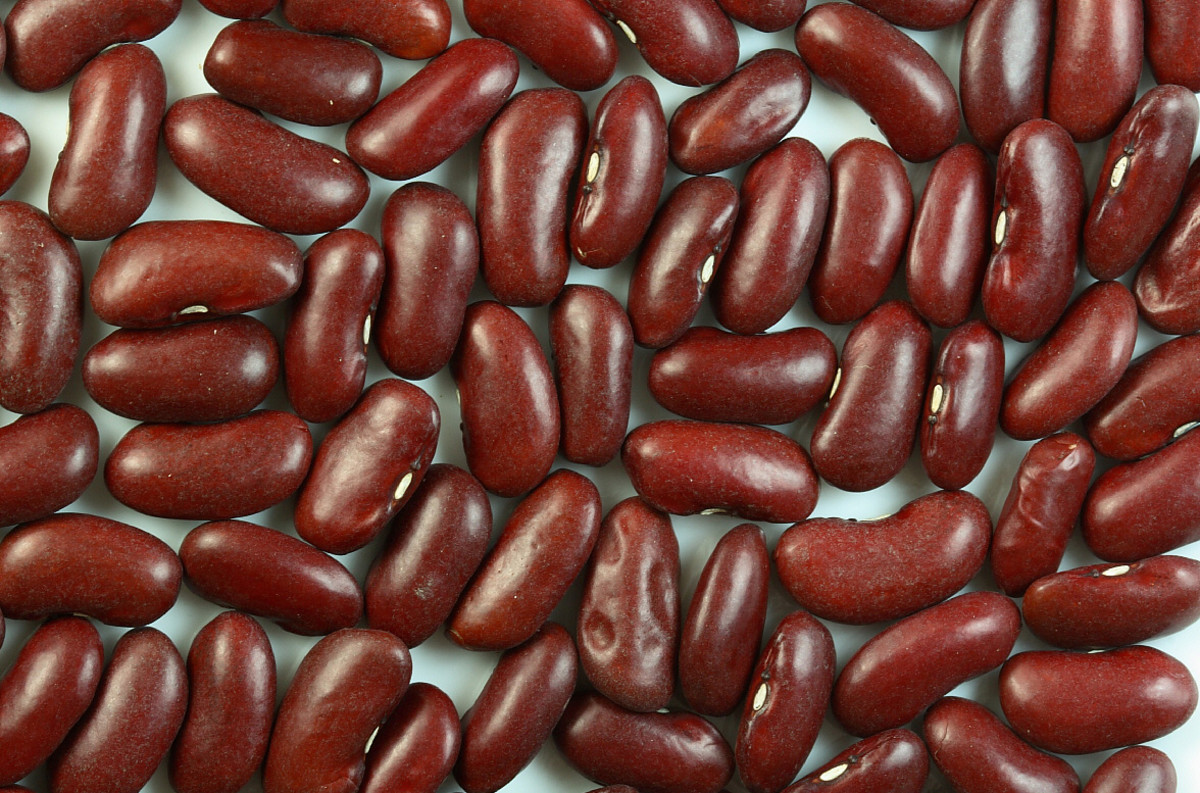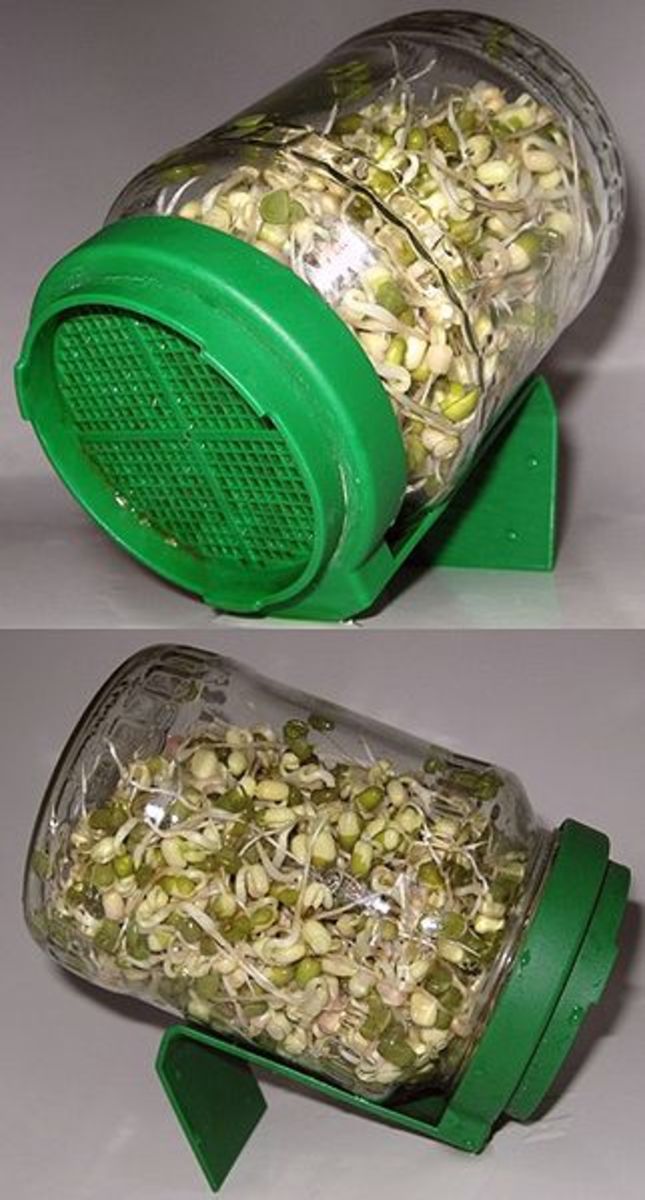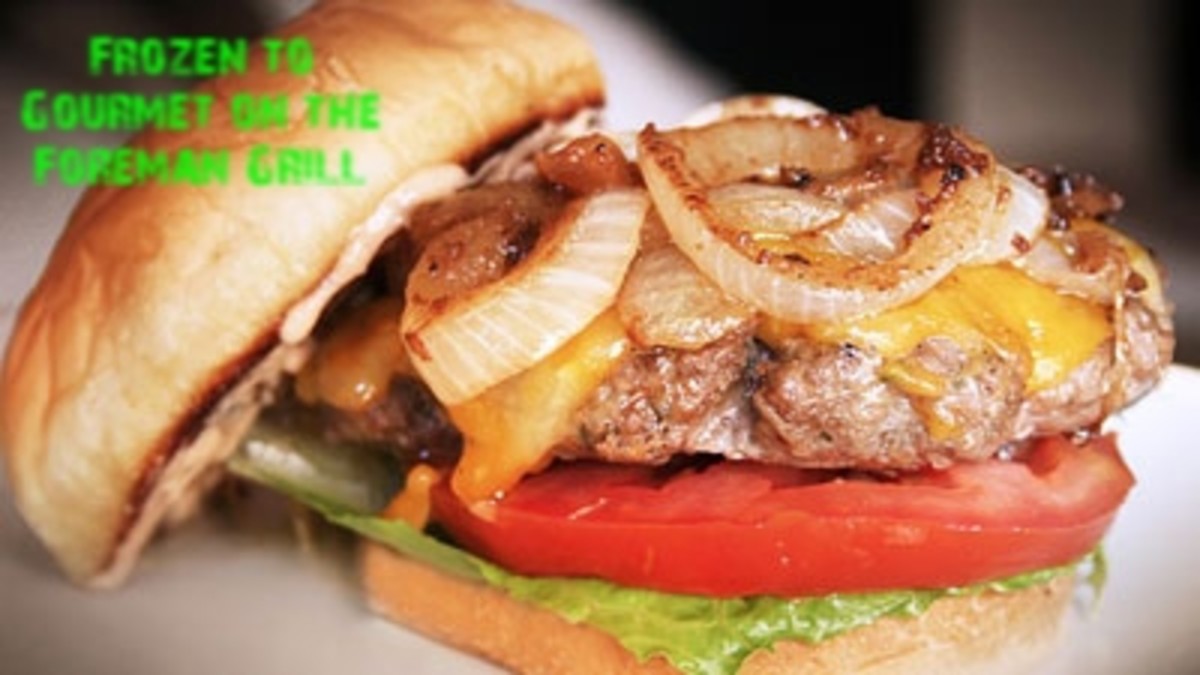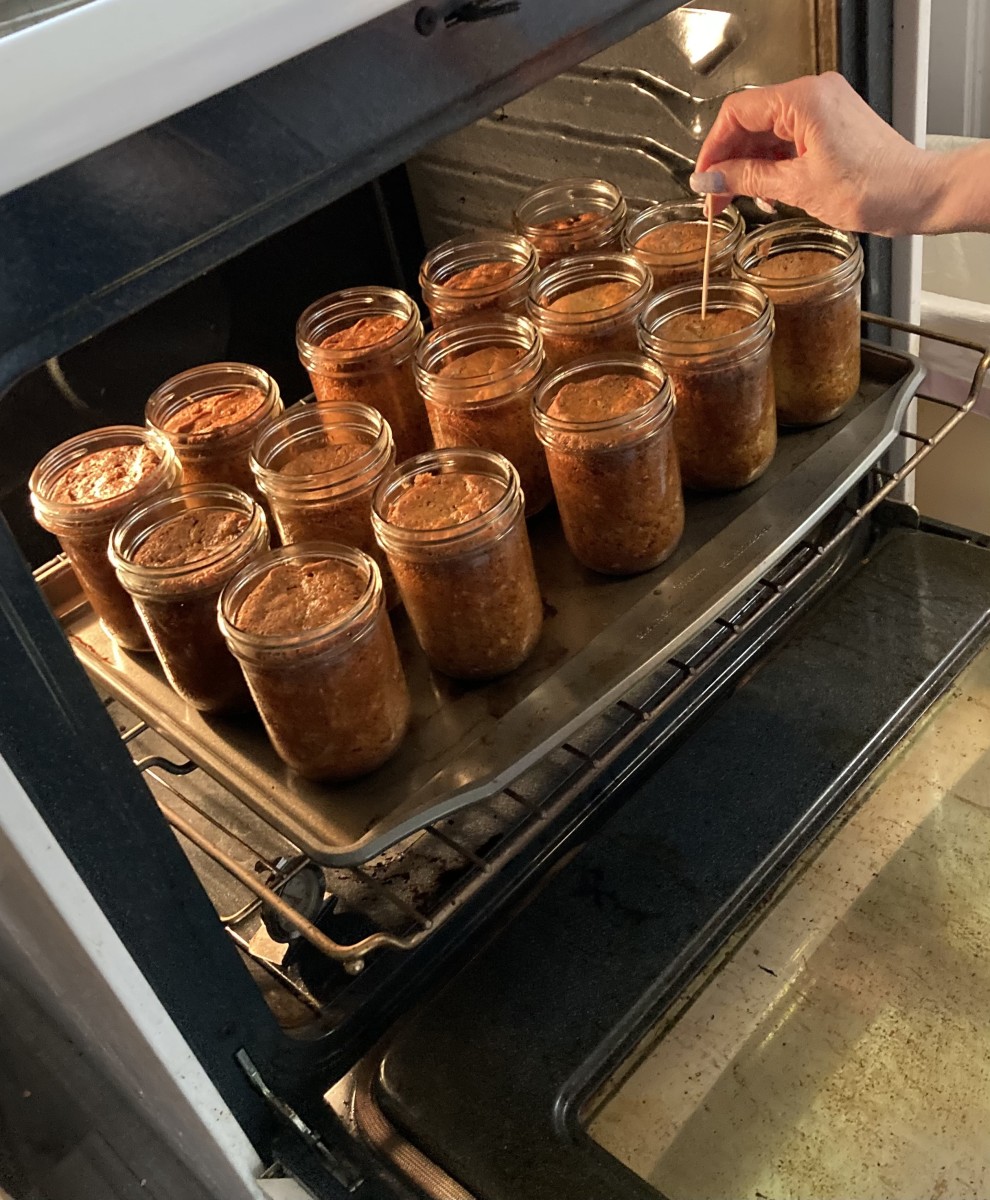Can uncooked peruvian beans make you sick? Bean soaking, how long to cook and nutrition.
Brilliant beans
The most commonly eaten bean in the UK is the haricot bean, these are the ones you find in tins with tomato sauce. Although they appear orange, they are in fact naturally white and are only this colour because of the juice.
Other commonly used beans are broad, green and kidney, all very familiar in the average family kitchen. They are easy to prepare and can be purchased at any time of year, whether tinned or frozen.
However this small group of popular beans is very limited when we consider the plethora of varieties that are available to us and often get over looked. The butter bean for example is low in fat and sugar, yet is extremely filling as well as tastes delicious. One of the primary reasons other bean options are not more frequently used, is that there is this perceived misconception that they are difficult to prepare or cook and many people are not entirely sure what they can put them with. I would like to dispel this myth by announcing to the whole world right now that, shock horror, it is not difficult to prepare or cook beans and you can add them to a whole range of your normal meals and even create a few with beans as the main ingredient. Beans are a very versatile ingredient and once you start using them I'm sure, like me you too will want to eat more of them.
Peruvian Bean soaking times.
Soak them overnight for between 8 and 12 hours.
How do I know if they need to be soaked?
If you have purchased your beans tinned, then more often then not they, will not need to be soaked. However they will still need to be cooked, especially kidney beans.
Similarly frozen products will often not need to be soaked but again they will need to be cooked.
The instance's beans do require soaking prier to cooking is if they are a whole or dried food, however if you are ever in any doubt, you can always read the label, which should clearly state that they do require soaking and exactly how long for.
Soaking times do vary, they are usually anything between eight and ten hours, I usually plan ahead and soak them overnight, however if your better at remembering things in the morning then me, there's no reason not to leave them to soak throughout the day.
What about sprouting?
Sometimes we don't want to eat our bean as the seed, we would like to devour it as the sprout and again this is another time we will need to soak our beans.
To soak for sprouting you can do one of two things, you can do it the easy way by using a sprouting kit (some of which are featured to the right) or you can do it the long way at home.
You can do your own sprouting fairly easily by placing the beans in a clean jar with 2cm of water, screw on the lid and place in a dark space overnight.
Rinse the seeds with cool fresh water the next day and repeat this process until they begin to sprout.
Once they have done this, you can also place them in direct sunlight before consuming, although this is not necessary.
Soya beans.
Soya beans are extremely good for you, containg Isoflavones, Protease inhibitors, Iron, Vitamine B6, Vitimine E, Folate, Calcium, Folic acid, Saponins, Vitamine B2, manganese, Zinc and Magnesium.
It has anti-oxidant and detoxifying properties. It's good for your heart, is an anti inflammatory and is thought to be a good food to an aid against cancer.
Soya beans are also one of the rare plant forms that contain all eight essential amino acids.
Soya is an ingredient found in many healthy food and drink related products including flour, milk, tufu, miso, yogurt, tempeh and of course soya sauce.
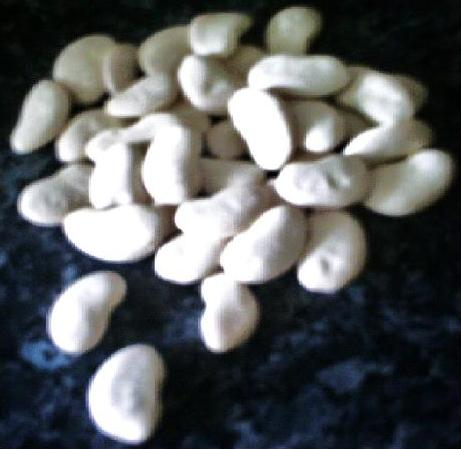
Butterbeans.
These are by far one of my personal favourites, they are delicious and filling. A really satisfying bean to eat and are used a lot in south American food.
They are packed full of nutrients and contain manganese, iron, potassium, vitamin B3, folate, Zinc, fiber, Vitamin B5 and protein.
This makes them extremely good for your heart, as well as this they also have anti-viral and anti-bacterial properties.
Black eyed beans.
The Black eyed bean is a well used ingredient in Cajun cookery and Creole.
It contains biotin, calcium, vitamin B3, Iron, vitamin B1, magnesium, selenium, zinc, fibre, vitamin B2, folate and manganese.
Kidney beans.
Like the butterbean the kidney bean is used in many south American dishes.
Do be careful when using it in your cooking though as it will make you ill if it is eaten raw.
The kidney bean contains folate, magnesium, Vitamin B1, phosphorus, copper, Iron, protein, Vitamin K, molybilenum, potassium, manganese, fibre and Zinc.
Green beans.
One of the more popular of the beans and is also very good for you, so if you already eat this particular one regularly, keep doing so.
The green bean contains Beta carotene, Omega 3 oils, manganese, Phosphorus, Protein, fibre, Vitamin B3, Vitamin C, Copper, Vitamin K, Calcium, Vitamin B1, Folic acid, Iron and Vitamin B2.
Like the rest of the beans mentioned it is also good for the heart, with anti-viral and anti-cancer properties.
- Why play is important for a child's development.
Essias once said of play - Ideas for natural home remedies.
The tradition of the home remedy is as diverse as it's history, it can be viewed in a number of ways, depending on the origin of the remedy, time of reference and comparable medication. For instance in the UK, conventional western medical practice... - Tesco villages, supermarket to build affordable hous...
Before adopting the slogan 'every little helps' Tesco's original motto was 'pile it high and sell it cheap' seeing the potential for money making similar to that of a cash and carry approach. Lets hope the same will not apply to its new... - 14 tips to help get your child to eat fruit and vege...
As a parent your child's health is of great importance to you, one of the major contributors to a child's healthy development, alongside play, education and exercise is of course a varied diet. One which... - How to have fun in work, ways to make the workplace ...
When Monday rolls around it can sometimes seem like an intolerable effort to crawl out of bed in the morning, as the prospect of going to work is not always a desirable one. Fun and the workplace are not... - List of countries.
The planet earth is beautiful and vast, the culture and people are varied, complex and endlessly interesting. Our planet earth is filled with sights and experiences that will expand the mind, fill the soul, inspire and surprise you. From giant... - Reinventing yourself vs rediscovering yourself.
Every so often we find ourselves at a time in our life when we feel a change of self or direction is required or desired. You contemplate your current situation and the way you feel about yourself at these... - Products that are good for the environment.
Although there has been some dispute recently about whether global warming is a reality or not, and as the debate continues to run, there has been a visible counter shift in popular opinion, with issues... - How failure, leads to success!
It's a lifelong marathon and because of all the many different ways in which we interpret success, there is no one formula or short cut in which to achieve it. More often then not we don't think of success as one particular thing or another and... - Using fast food in creative writing, think about res...
Absolutely, although you can literally use food to write with if you wish, that's not actually the idea behind this hub, which you will either be deeply disappointed about if you were hoping to learn how to...
Aduki beans.
They are also known as azuki or adzuki beans.
In Japan Aduki beans are revered for there ability to help aid the body to heal, especially for those that are suffering from kidney problems or a bladder infection. Haled the 'king of beans', it's no wonder the Japanese are so fond of them.
They have a nutty taste and are ideal for detoxing. They are also an anti-oxidant and again very good for the heart.
Aduki beans contain Calcium, Zinc, Vitamin B1, protein, manganese, Vitamin B3, fibre, protein, Vitamin B2 and magnesium.
Other beans to look out for.
Anasazi.
Black turtle.
Fava.
Garbanzo.
Great northern.
Lima.
Navy.
Pinto.
Canalini.
Borlotti.
Mung.
Black beans.
Black beans are now more easily available to buy and it's worth trying these out too.
They are full of Vitamin B1 and also contain protein, manganese, iron, phosphorus, fibre, magnesium, folic acid, molybdenum.



